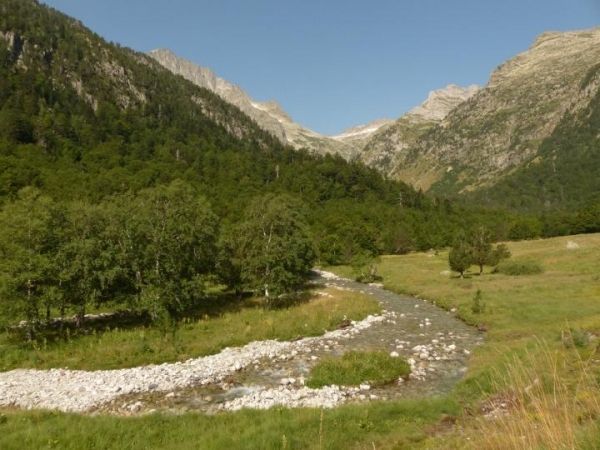The European eel (Anguilla anguilla), the freshwater blenny (Salaria fluviatilis), the freshwater pearl mussel (Margaritifera auricularia) and the pronged clubtail (Gomphus graslini) are some of the vulnerable species that are not represented enough in the biodiversity catalogue of the Natural River Basins (RNF) in Spain, according to a new article published in the journal Aquatic Conservation: Marine and Freshwater Ecosystems -in which researchers Miguel Cañedo-Argüelles and Núria Bonada, from the Research Group Freshwater Ecology, Hydrology and Management (FEHM) of the University of Barcelona take part.
The new science article -focused on the Ebro River basin- adds for the first time the participation of the citizens and other social and institutional agents (water agencies, hydrographic confederations, scientists, non-governmental organizations, environment consultants, etc.) in the designing process for the water reserves map in Spain. Other participants in the study are the experts Virgilio Hermoso (Forest Science and Technology Center of Catalonia, CTFC), Tony Herrera (New Water Culture Foundation, FNCA), and José Barquín (University of Cantabria).
Reservial Project: protecting river areas with the highest ecological and socioenvironmental value
The Natural River Basins (RNF) were created in Spain in 2015 to preserve the river areas with no human intervention and which were in a perfect ecological state. The new study reveals the first conclusions of Reservial (2015-2017), a pioneering project in the European framework to assess the efficiency of the RNF in Spain with the people's and involved social agents' consensus.
Read more at: University of Barcelona
The goal of protecting biodiversity is not fulfilled in the Natural River Basins network in Spain. (Photo Credit: Tony Herrera (New Water Culture Foundation, FNCA)


